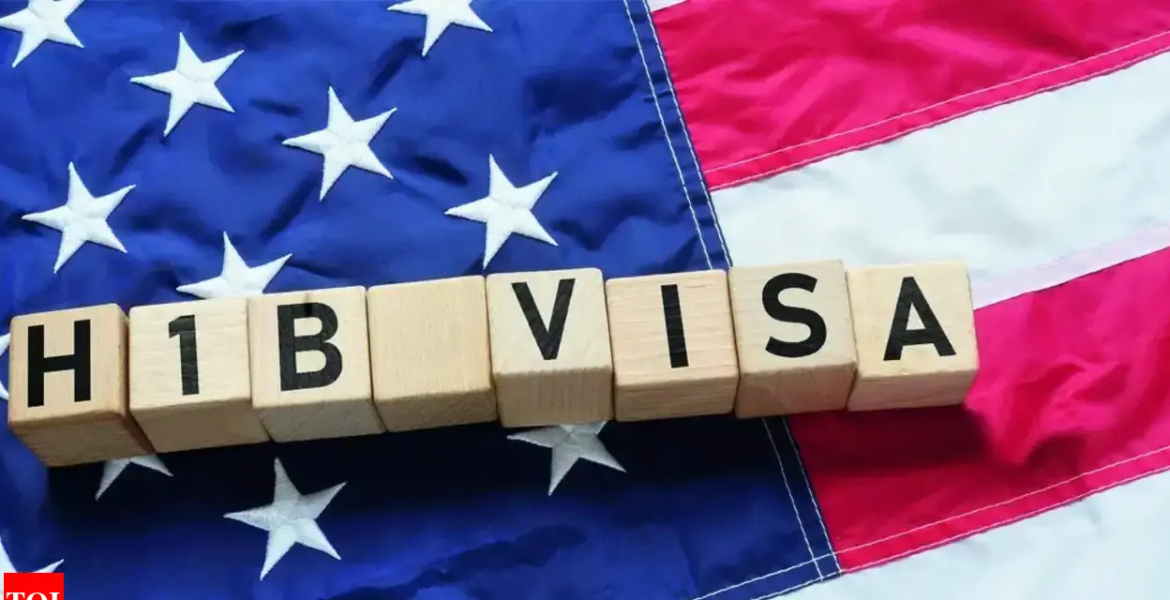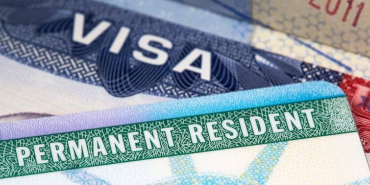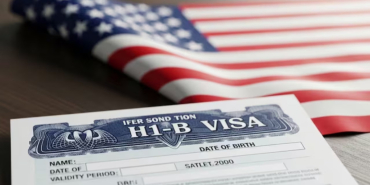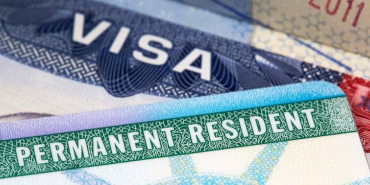H-1B Visa System Under Fire as US Legislators Push for Stricter Immigration Controls

Lawmakers in the United States are advancing new efforts to reform the H-1B visa system, citing concerns over its impact on domestic employment and wage standards.
Once considered a key tool for strengthening the US workforce in science and technology, the H-1B programme is now under increased examination. Critics claim it is being used to replace American workers with lower-paid foreign professionals, particularly in science, technology, engineering, and mathematics (STEM) roles. They argue that the number of foreign workers entering these sectors has exceeded actual labour shortages, reducing job opportunities for US graduates and experienced professionals.
Representative Riley M. Moore recently introduced an amendment requiring the Department of Labor to re-evaluate both the H-1B visa scheme and the Schedule A list, which outlines occupations with insufficient domestic labour supply. Moore argues that claims of a STEM workforce gap are overstated and that the current system is being misused to lower labour costs.
“The H-1B programme has been grossly abused to undercut the American worker,” Moore wrote in a social media post.
Senator Eric Schmitt of Missouri also criticised the visa programme, stating that it has enabled companies to offshore operations and reduce reliance on the domestic workforce. His comments reflect a broader push among conservative legislators to scale back the use of foreign labour in key industries.
Under existing rules, employers must show that H-1B workers will be paid either the prevailing wage for the role or the same as similarly qualified US employees, whichever is higher. However, critics argue that oversight is lacking and that these requirements are not consistently enforced, allowing employers to bypass wage standards in practice.
In response to these concerns, federal authorities have proposed changes to the H-1B selection process. Under the proposed model, priority would be given to applicants offered higher wages. The goal is to discourage low-wage hiring and ensure that visas are granted where there is a clear economic benefit and a genuine need for specialised skills.
At the same time, the number of international students participating in the STEM Optional Practical Training (OPT) programme continues to rise. In 2024, more than 165,000 students took part in STEM OPT, with nearly 95,000 receiving new authorisations, a 54% increase from the previous year.








Add new comment